- Parents Home
- Para Padres
- A to Z Dictionary
- Allergy Center
- Asthma
- Cancer
- Diabetes
- Diseases & Conditions
- Doctors & Hospitals
- Emotions & Behavior
- First Aid & Safety
- Flu (Influenza)
- Food Allergies
- General Health
- Growth & Development
- Heart Health & Conditions
- Homework Help Center
- Infections
- Newborn Care
- Nutrition & Fitness
- Play & Learn
- Pregnancy Center
- Preventing Premature Birth
- Q&A
- School & Family Life
- Sports Medicine
- Teens Home
- Para Adolescentes
- Asthma
- Be Your Best Self
- Body & Skin Care
- Cancer
- Diabetes
- Diseases & Conditions
- Drugs & Alcohol
- Flu (Influenza)
- Homework Help
- Infections
- Managing Your Weight
- Medical Care 101
- Mental Health
- Nutrition & Fitness
- Q&A
- Safety & First Aid
- School, Jobs, & Friends
- Sexual Health
- Sports Medicine
- Stress & Coping
Concussions: Alex's Story
Concussion #1
I got my first concussion playing dodgeball in gym during my sophomore year.
Exactly how it happened is still a little blurry. From what I remember — and from what friends told me later — I fell forward while I was diving away from a ball. For some reason, I didn't put my hands out in front of me the right way to catch my fall. I landed square on my face.
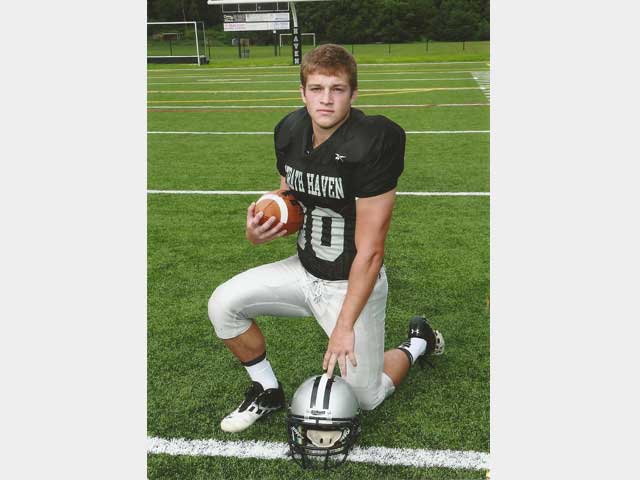
Concussions: Alex's Story
I play high school football, track, basketball, and lacrosse. I've had two concussions.
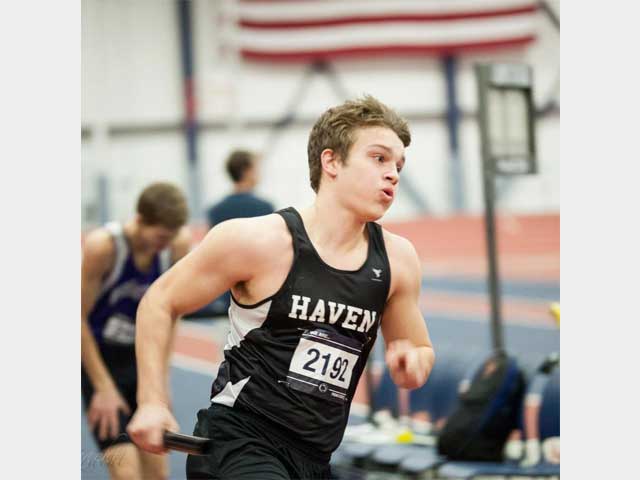
Concussions: Alex's Story
After my first concussion, the doctor said I wouldn't be able to run at the Penn Relays 10 days later. It's the biggest track and field competition in the United States. A few weeks before, I couldn't believe I had qualified. Now, I couldn't run.
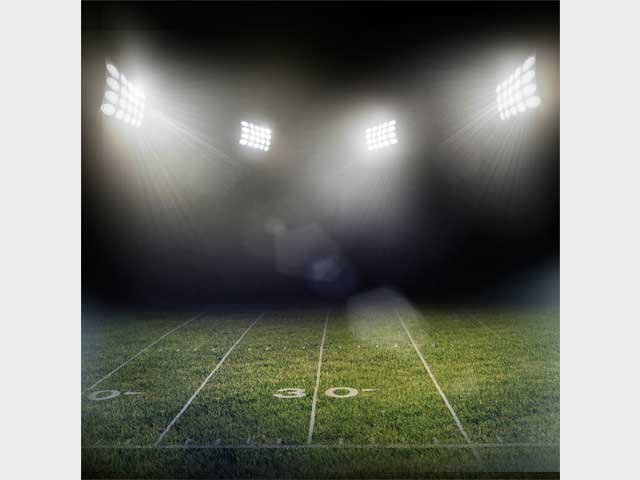
Concussions: Alex's Story
My second concussion was at an away game under the Friday night lights. I woke up on my back in the middle of the field. I remember that the lights were blindingly bright. The trainer was kneeling over me asking questions like, "What's your name?" and "Where are you?"
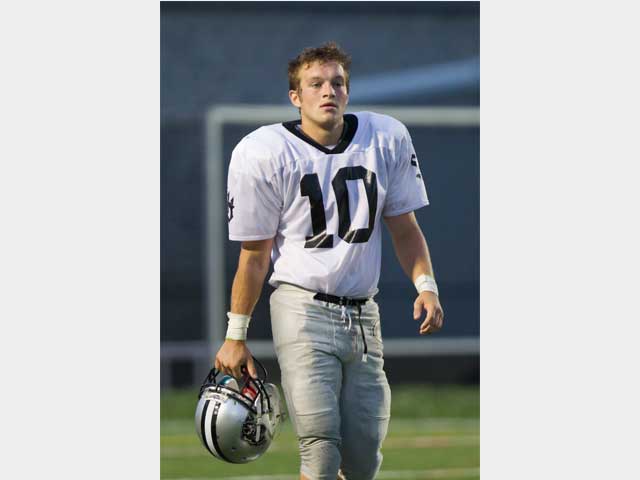
Concussions: Alex's Story
I tried to talk my trainer into letting me back onto the field, but he said I was out of the game.
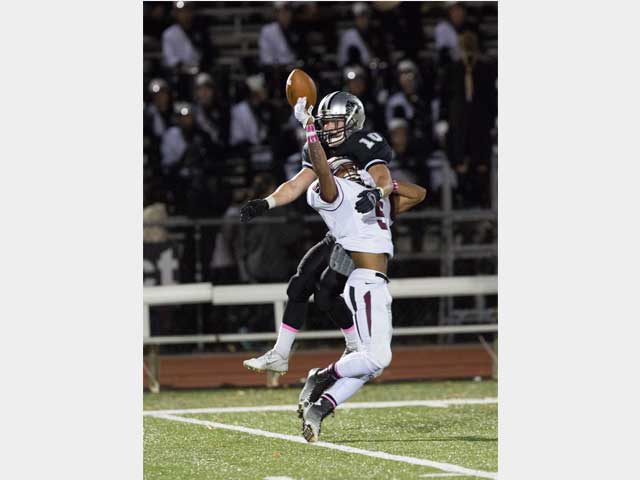
Concussions: Alex's Story
Having a concussion changed the way I deal with head injuries. When I got hurt before the concussions, I'd play through injuries because I knew my teammates and coaches depended on me. I've since learned that playing through a head injury isn't a smart thing to do.
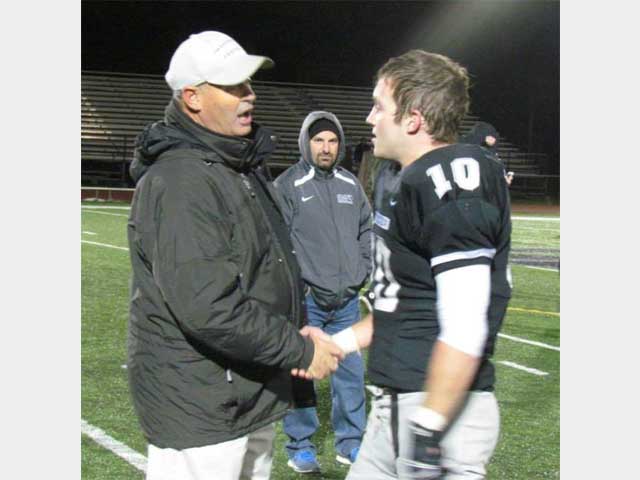
Concussions: Alex's Story
I think high school athletes should know the symptoms and not be afraid to tell the coach or a trainer when they happen.
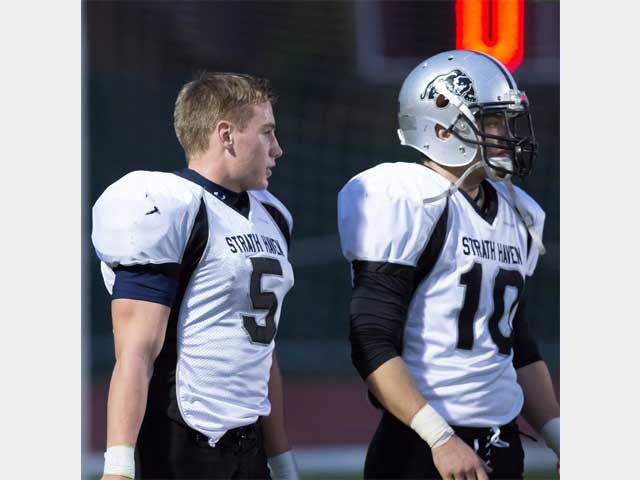
Concussions: Alex's Story
Friends and teammates can be a big help when it comes to identifying concussions. After my first concussion, I was walking kind of funny in the hall. A friend stopped and asked if I was alright. I said, "Yeah, I'm going to the track," but he insisted on taking me to the school nurse.
Apparently I was unconscious for a few seconds. When I got up, I was dizzy and a little wobbly on my feet. I had accidentally bitten my lip, but other than that, I wasn't in that much pain. My friend Mike put his arm around me to help me walk to the bathroom so I could see in a mirror what had happened. Just the bloody lip, so I didn't think too much of it. I sat on a locker room bench for a while, feeling a little out of it — dizzy and tired and a little confused.
I play high school football, track, basketball, and lacrosse. When I got hurt, I played through it because I knew my teammates and coaches depended on me. (I've since learned that playing through a head injury isn't a smart thing to do.)
So I didn't think too much of falling in gym class. It was at the end of the day, and I was getting ready to head over to the track for practice. I was walking kind of funny in the hallway when my friend Greg stopped and asked if I was alright. I said, "Yeah, I'm going to the track," but he wouldn't let me go and insisted on taking me to the school nurse.
I didn't end up running that day. Or for the next 2 weeks.
Concussion #2
The second concussion came during an away football game in my junior year, under the Friday night lights against one of the stronger teams in our league.
I was playing outside linebacker in the second quarter when I went in headfirst to tackle their running back.
When I woke up on my back in the middle of the field, I remember very clearly that the lights were blindingly bright. The trainer was kneeling over me asking me questions like, "What's your name?" "Where are you?", "What's today's date?", and "What's the score?"
I wasn't in a lot of pain, so again, I didn't worry too much about being injured. I tried to talk my trainer into letting me back onto the field, but he said I was out of the game.
The next morning, I woke up feeling 100% and I wasn't worried about having to go to the trainer's office on a Saturday morning to take the ImPACT computer test for concussions. I was surprised when the trainer told me I scored very poorly. He told me it's normal to feel symptom-free the next morning, but that I definitely had a concussion.
That next Friday, I sat on the bench for the first time — I had been a varsity starter since my sophomore year and had never missed a game.
The following week, my doctor recommended that I go to school for half days for the first 3 days of the week. I only missed a week of practice this time, compared with 2 weeks after my first concussion, but it was still hard to see someone else playing my position.
What I Know Now
Looking back, I don't think I could have done anything different to prevent the concussions. But I did learn all the symptoms and what you have to go through to heal from a concussion. I think it's a good idea for high school athletes to know the symptoms and not be afraid to tell the coach or a trainer when they happen.

© 1995- The Nemours Foundation. KidsHealth® is a registered trademark of The Nemours Foundation. All rights reserved.
Images sourced by The Nemours Foundation and Getty Images.